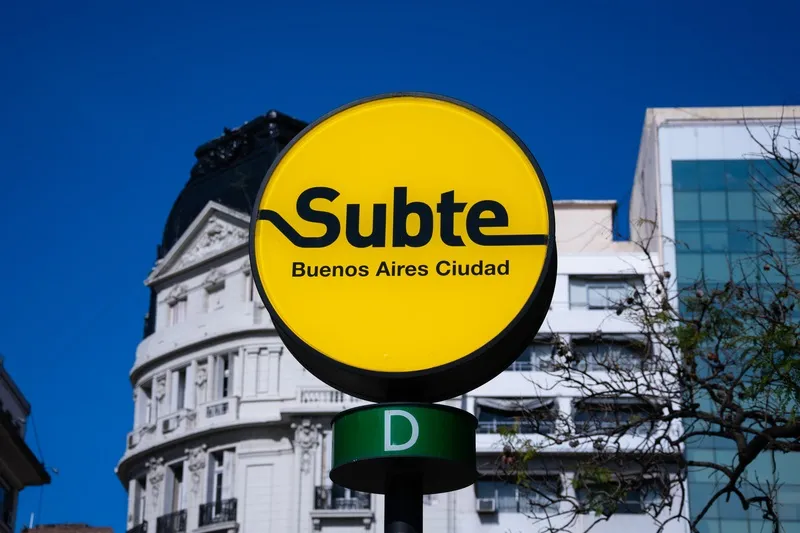Shanghai Shentong Metro Group has awarded Thales SEC Transport the signalling contract for the Fully Automated Operation (FAO) Line 14 of the City’s Metro. It will provide an integrated management system as well as signalling and supervision solutions with the intention of meeting the demand for metro transport capacity and alleviating traffic in the downtown area. The driverless and highly automated line is scheduled to enter service at the end of 2020.
January 30, 2018
Read time: 1 min
Shanghai Shentong Metro Group has awarded 596 Thales SEC Transport the signalling contract for the Fully Automated Operation (FAO) Line 14 of the City’s Metro. It will provide an integrated management system as well as signalling and supervision solutions with the intention of meeting the demand for metro transport capacity and alleviating traffic in the downtown area. The driverless and highly automated line is scheduled to enter service at the end of 2020.
In addition, the integrated supervision solution is intended to improve operational efficiency by providing high-level automated control.
Line 14 will cross the downtown area from east to west, with a total length of 38.5 km and 31 underground stations that will be connected to at least 13 other lines in the network. The FAO demonstration’s fully redundant system architecture provides high availability and is said to ensure that a signalling failure has zero operational impact.








